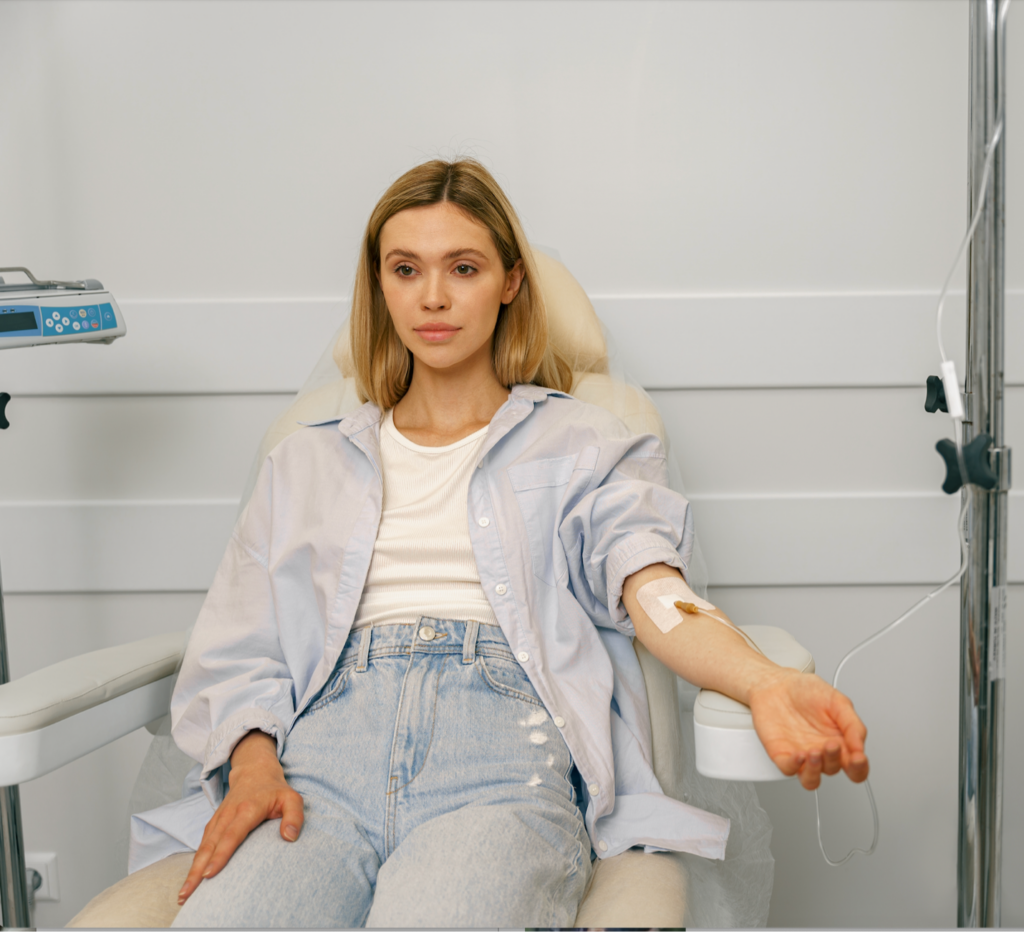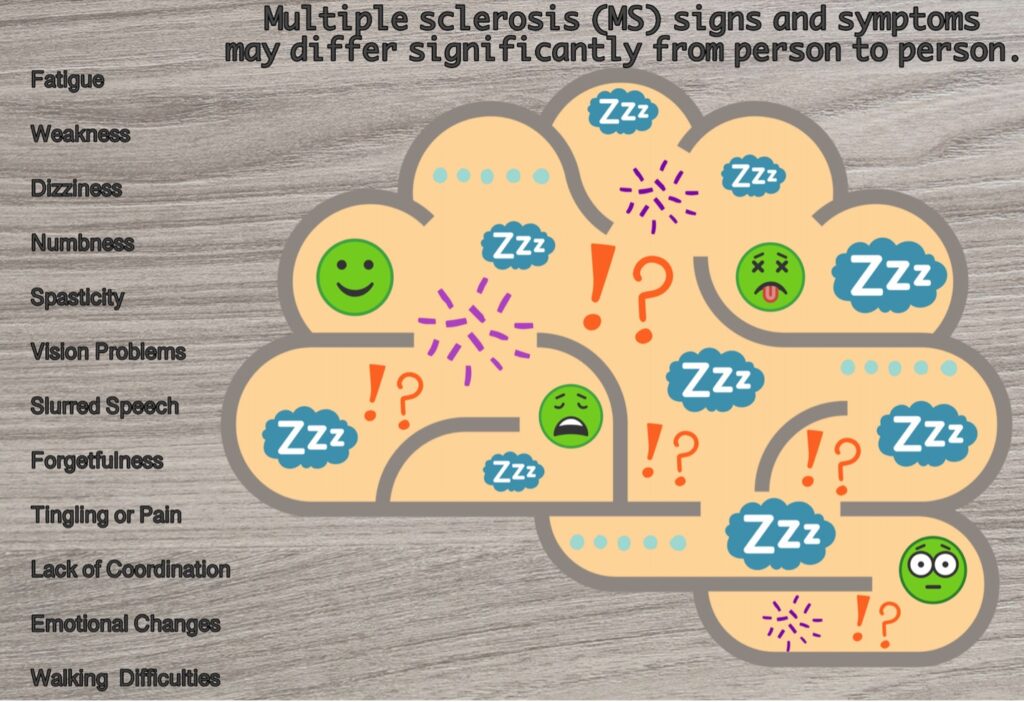The meds Americans crave for weight loss may benefit patients with early Parkinson’s Disease
A group of French researchers have found that the drug Lixisenatide may benefit Parkinson’s Disease (PD) with early motor symptoms and also have a neuroprotective effect, which would improve the clinical course of PD. Lixisenatide is a glucagon-like peptide-1 (GLP-1) receptor agonist, making it part of a large family of similar compounds used to treat […]









